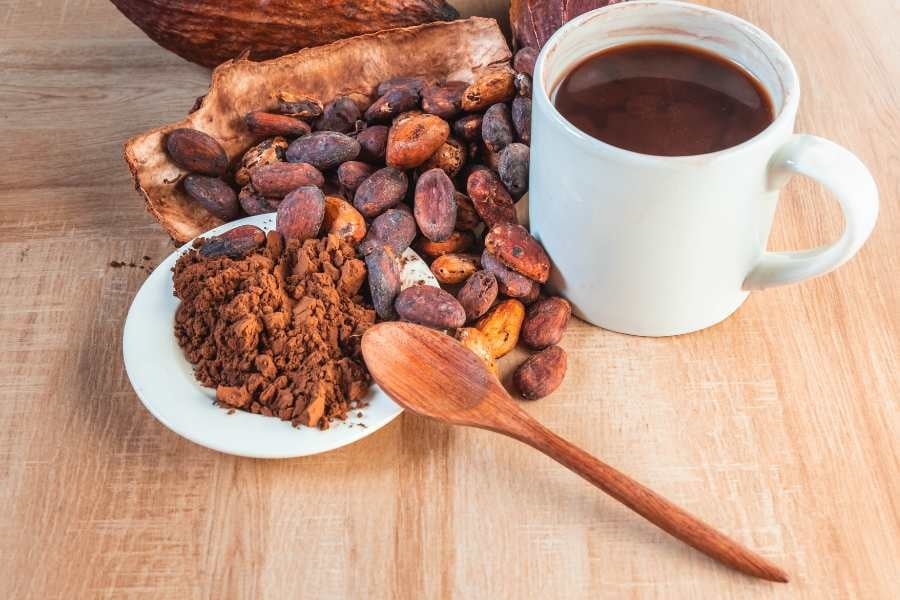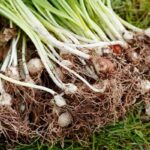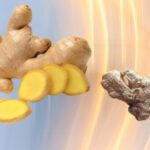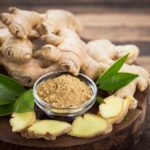Spicing Things Up

Supercharge Your Coffee with This Simple Addition
Adding spices such as cinnamon and curly endive root gives your cup of joe a unique flavor and appealing aroma, along with extra health benefits. These spices can be added before or after brewing, both ways imparting similar advantages. For instance:
– Cinnamon is a fantastic alternative to sugar, adding sweetness to your coffee without the extra calories. It also boasts potential cardiovascular and weight management benefits.
– Curly endive root powder can be mixed with coffee and is a great option if you’re not a fan of the natural bitterness of coffee beans. Additionally, curly endive root has digestive-boosting properties, thanks to its inulin content.
After adding these spices, let your coffee sit for about 5 minutes to allow the flavors to infuse and create a more delicious cup.
Protein Powder
Proffee, the novel combination of protein and coffee in the energy drink sector, has been all the rage on social media for quite some time. According to Everyday Health, adding protein powder to any beverage is a great way to boost your protein intake.
However, it’s important to note that while supplementing with 1.5 grams of whey protein per kilogram of body weight daily can help reduce body fat and increase lean muscle mass, our bodies can only absorb about 8 to 10 grams of whey protein per hour. With a transit time of around 90 minutes through the small intestine, the maximum amount of protein that can be absorbed is approximately 15 grams.
To maximize protein absorption, it’s best to spread out your coffee consumption throughout the day, avoiding concentrated intake.
Cocoa Powder

Enhance Your Coffee with Cocoa Powder
Besides amplifying the flavor of desserts, cocoa powder also offers health benefits when added to coffee, particularly due to its characteristic antioxidant, polyphenol.
Studies indicate that incorporating a significant amount of cocoa into your diet provides anti-inflammatory capabilities and protection against cancer risk factors, neurodegenerative disorders, and cardiovascular disease, among others. According to the US Department of Agriculture (USDA), cocoa powder also contributes dietary fiber—2 grams per tablespoon.
Ginger: A Muscle Pain Reliever
(Image: All Recipes) Ginger has been used to treat nausea for centuries. It’s packed with potential antioxidants and anti-inflammatory compounds. Ginger can help alleviate muscle pain, lower cholesterol, and support digestion.
Mushrooms: Building a Health Fortress
Adding mushroom powder to coffee is a popular beverage choice worldwide. Mushrooms possess antiviral, anti-inflammatory, and immune-boosting properties. They are also rich in antioxidants, which have been shown to have cancer-preventive effects in mice.
Additional studies in mice indicate that mushrooms may help prevent liver disease. Moreover, mushrooms nurture beneficial bacteria in the digestive tract. They are an excellent source of various B vitamins, including B5, B3, and B2, as well as copper, selenium, protein, fiber, potassium, vitamin D, and calcium.
4 Refreshing Lemon Water Recipes to Try at Home
To make a refreshing glass of lemonade, all you need are lemons and sugar. But there are so many more delicious and simple variations to this classic drink that you can try. From lemon ginger-lemongrass infusion to chia seed lemonade and even salty lemon drinks, there’s a whole world of refreshing lemon-based beverages to explore and enjoy.
The Magic of Ginger: Unlocking a Good Night’s Sleep
The humble ginger root has long been revered for its medicinal properties, and placing a ginger bundle by your bedside before dozing off is a simple yet powerful health ritual. This aromatic root is more than just a spicy kick to your tea; it’s a natural remedy with a plethora of benefits. So, what exactly does this humble bundle of spice do for your health?





































